The Owl's Nest pulled me back from the gates of death and taught me how to live. I'm forever indebted and beyond grateful. This is an absolutely amazing place with amazing people that care. I began to experience peace at this place without the use of a drink or a drug. To s ...
About The Owl’s Nest Alcohol & Drug Addiction Treatment Center Florence SC
There are primarily three programs offered at The Owl’s Nest rehab center. These include a partial hospitalization program (PHP), an outpatient addiction treatment program, and an intensive outpatient program (IOP). Those interested in enrolling in any of these substance abuse addiction treatment programs should read below:
The partial hospitalization program (PHP) doesn’t provide 24/7 monitoring, but it does offer recovery-supportive housing where patients can live on campus to receive their recovery.
This PHP requires clients to dedicate five days a week to treatment, with sessions lasting at least 8 hours a day. However, weekends and evenings are often ‘free time’ for those enrolled.
Additionally, sessions include holistic and clinical approaches and the therapies offered include relapse prevention, motivational interviewing, cognitive behavioral therapy, and family therapy.
This rehab center’s intensive outpatient program (IOP) involves education, therapy, and discussions centered around overcoming substance abuse. Clients are taught coping mechanisms and given the time and space they need for recovery.
In most instances, patients commit to 28 days of IOP treatment at this addiction treatment center. When treatment nears its end, individuals work with a clinical team to discuss aftercare and further treatment.
During the outpatient treatment program, individuals can access the same types of therapies offered in residential treatment programs, such as group, individual, and family therapy. Although these therapies occur in a clinical setting, patients aren’t required to stay at the rehab center.
In addition, the types of therapies and treatment modalities offered and their lengths of treatment vary based on the needs of the individual. Moreover, this addiction treatment center also offers 12-step groups, cognitive behavioral therapy, and motivational interviewing to help clients with drug and alcohol recovery in the long term.
Facility Overview
Latest Reviews
Thanks for the positive feedback, we appreciate your kind words.
Thank you for taking the time to share your experience. Your feedback is deeply concerning, and we take it very seriously.
Our mission is to provide a safe, supportive, and structured environment for everyone that comes through our doors. We understand how difficult it can be to have a loved one struggling and we strive to ensure families are informed, involved, and supported throughout the process.
That said, the issues you've raised around staffing and communication are not in line with our standards. We would welcome the opportunity to speak with you directly to address your concerns and gain more insight.
If you're open to it, please contact our business office so they can connect you with the owner and we can discuss this further.
Ty
Rehab Score
Gallery
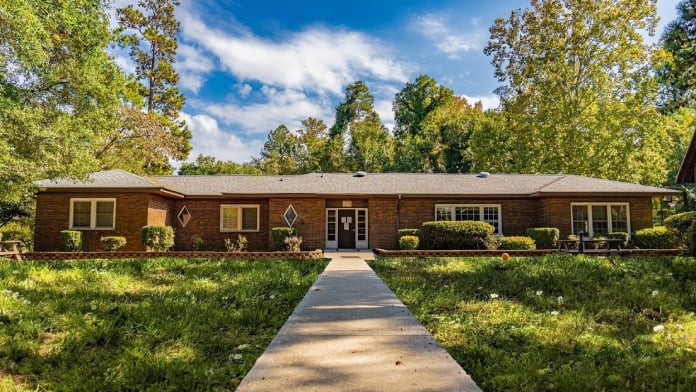
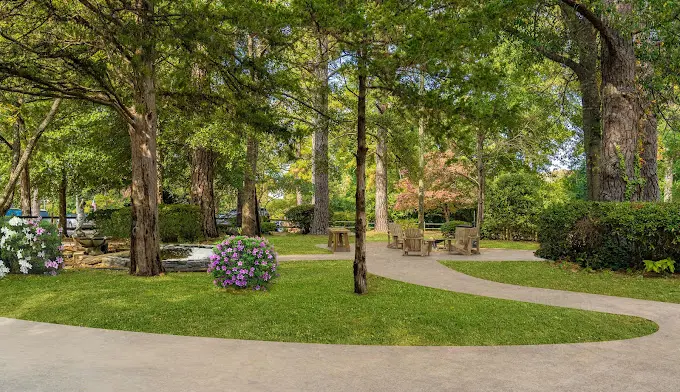
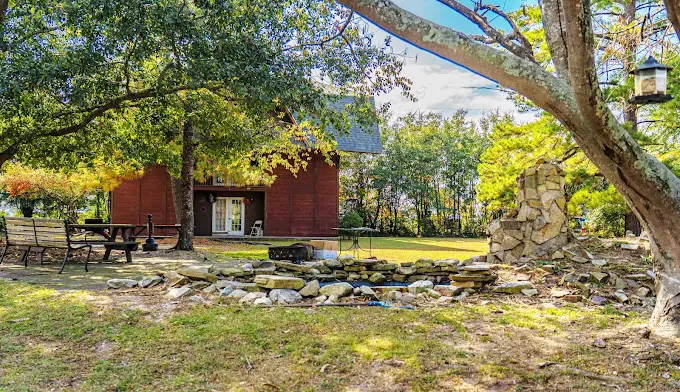
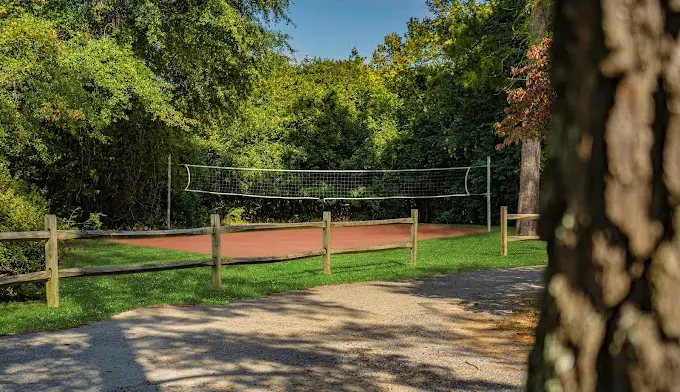
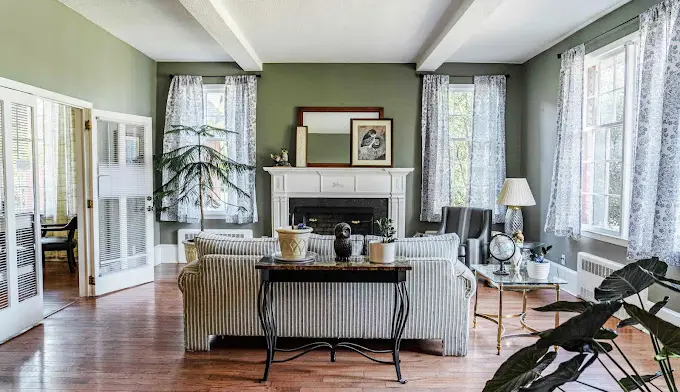
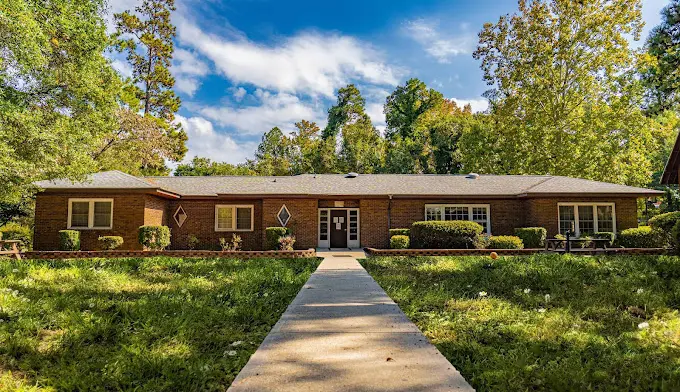
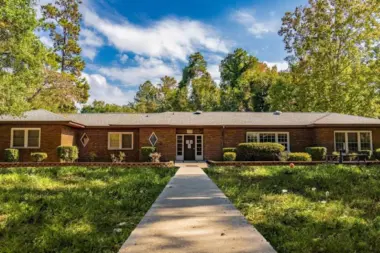
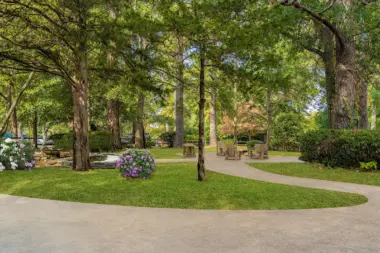
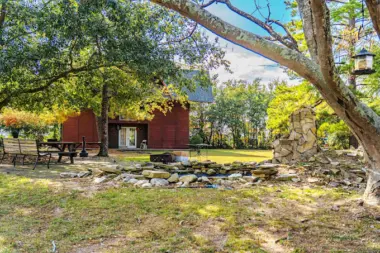
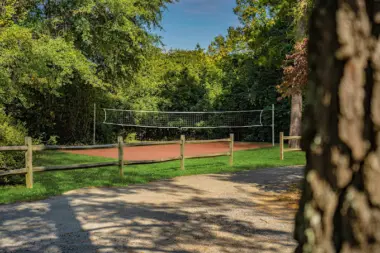
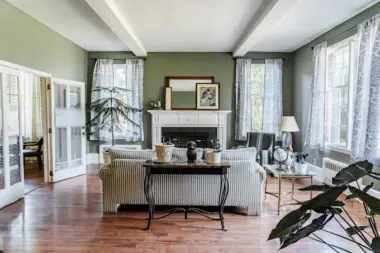
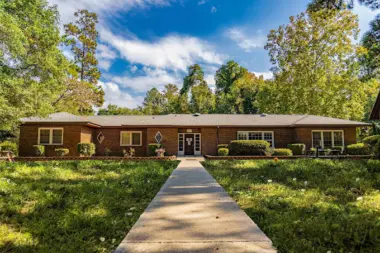
Accepted Insurance
Other Forms of Payment
Self-pay involves paying for treatment out of your own pocket. You can use savings or credit, get a personal loan, or receive help from family and friends to fund your treatment. If you don't have insurance or your insurance plan doesn't cover a specific program, self-pay can help ensure you still get the care you need.
Private insurance refers to any kind of healthcare coverage that isn't from the state or federal government. This includes individual and family plans offered by an employer or purchased from the Insurance Marketplace. Every plan will have different requirements and out of pocket costs so be sure to get the full details before you start treatment.
Medicare is a federal program that provides health insurance for those 65 and older. It also serves people under 65 with chronic and disabling health challenges. To use Medicare for addiction treatment you need to find a program that accepts Medicare and is in network with your plan. Out of pocket costs and preauthorization requirements vary, so always check with your provider.
Military members, veterans, and eligible dependents have access to specific insurance programs that help them get the care they need. TRICARE and VA insurance can help you access low cost or no cost addiction and mental health treatment. Programs that accept military insurance often have targeted treatment focused on the unique challenges military members, veterans, and their families face.
Private insurance refers to any kind of healthcare coverage that isn't from the state or federal government. This includes individual and family plans offered by an employer or purchased from the Insurance Marketplace. Every plan will have different requirements and out of pocket costs so be sure to get the full details before you start treatment.
Addiction Treatments
Levels of Care
The primary program at The Owl’s Nest is an intensive study and application of the only time tested and proven method of recovery from addiction - the Twelve Steps of Alcoholics Anonymous as they are outlined in the Big Book. The Intensive Residential Treatment (IRT) Program offers a more personalized course of implementation. Group sessions contain fewer people, which allows the staff to effectively present the curriculum in a shorter amount of time. At The Owl’s Nest, residents are more than just a number. If residents feel they need more time, they are encouraged to remain with The Owl’s Nest until they feel comfortable enough to return home. During the program, residents attend group sessions that encourage them to discuss their experiences and how they plan on achieving sobriety through the twelve steps of Alcoholics Anonymous. The Owl’s Nest staff provides unique insight and advice during these sessions based on their experience. In addition to group sessions, residents participate in workshops that provide education and insight into each of the twelve steps, one on one sessions with a clinical therapist, creative writing classes and equine therapy sessions at a local horse farm.
Outpatient rehabs provide flexibility and accommodation for clients who prefer to remain in their homes and workplaces while in recovery. They also facilitate clients' sustained sobriety for clients stepping down from intensive inpatient care. Clients may engage in day, evening, night, or weekend treatment sessions, which typically involve addiction counseling and recovery-focused life skills training. Many outpatient facilities also offer medication assisted treatment (MAT) and evidence-based holistic therapies, such as yoga and massage.
Clients undergoing treatment in an intensive outpatient program (IOP) remain in or return to their homes following detox and/or inpatient rehab. They engage in multiple, extended treatment sessions weekly, with most intensive outpatient rehabs requiring between nine and 20 therapeutic hours per week. These programs are ideal for clients in early recovery and those at an elevated risk of relapse and typically combine counseling, recovery education, holistic care, and medication assisted treatment (MAT).
Upon successfully completing the primary program(s), residents are given the opportunity to move to their Sober Living Housing. Sober Living provides residents with a safe and secure environment that is less structured than the program(s) they have completed. Residents receive support and encouragement from staff and other residents as they begin the process of independently implementing the twelve steps into their lives. The Owl’s Nest takes its name from this type of support system. Whether residents decide to move on from the Owl’s Nest after living in their Sober Living Housing or immediately after completing one of their primary programs, they will always remain a member of The Owl’s Nest Alumni network.
As a short-term option, a partial hospitalization program (PHP) provides an intensive rehab option for individuals with acute symptoms. PHP treatment focuses on management without requiring 24-hour care. During PHP treatment, you may engage in behavioral therapy services, psychoeducation, and periodic evaluations conducted by licensed professionals. The duration of a partial hospitalization program can average 90-130 days based on your progress. Insurance coverage may vary, but many providers offer full or partial coverage for PHP.
24-hour clinical care in South Carolina is designed to protect those in recovery from health risks of withdrawal. For example, opioid withdrawal can cause vomiting and diarrhea that results in a life-threatening level of dehydration. Withdrawal from benzodiazepines can cause seizures which can be fatal. To avoid these risks, supervised medical detox is recommended. Under this care, medical professionals constantly monitor patients to ensure a safe detox process.
Withdrawing from addictive substances, like alcohol, benzodiazepines (like Xanax), or opioids, occurs during the detox process. Since this process can have uncomfortable and even dangerous side effects, the mission of a medically assisted detox is to provide an expert medical team to help monitor your health around the clock. They will work to keep you as safe and comfortable as possible, administering necessary medications to alleviate any withdrawal symptoms.
12-step programs are addiction recovery models based on Alcoholics Anonymous (AA). A number of substance abuse programs (including some drug and alcohol rehab centers) use the 12 steps as a basis for treatment. Beginning steps involve admitting powerlessness over the addiction and creating a spiritual basis for recovery. Middle steps including making direct amends to those who've been hurt by the addiction, and the final step is to assist others in addiction recovery in the same way. 12-Step offshoots including Narcotics Anonymous (NA), Cocaine Anonymous (CA), Dual Recovery Anonymous (DRA), Sex and Love Addicts Anonymous (SLAA) and Gamblers Anonymous (GA).
Treatments
The goal of treatment for alcoholism is abstinence. Those with poor social support, poor motivation, or psychiatric disorders tend to relapse within a few years of treatment. For these people, success is measured by longer periods of abstinence, reduced use of alcohol, better health, and improved social functioning. Recovery and Maintenance are usually based on 12 step programs and AA meetings.
Choosing a drug rehab in South Carolina helps you overcome drug dependency, learn how to manage cravings, and obtain the tools needed to prevent relapse. This is accomplished through individualized treatment that addresses a full spectrum of physical, social, and emotional needs.
Many of those suffering from addiction also suffer from mental or emotional illnesses like schizophrenia, bipolar disorder, depression, or anxiety disorders. Rehab and other substance abuse facilities treating those with a dual diagnosis or co-occurring disorder administer psychiatric treatment to address the person’s mental health issue in addition to drug and alcohol rehabilitation. The Owl’s Nest offers a clinical therapist that will treat co-occurring disorders.
Substance rehabs focus on helping individuals recover from substance abuse, including alcohol and drug addiction (both illegal and prescription drugs). They often include the opportunity to engage in both individual as well as group therapy.
Programs
Adult rehab programs include therapies tailored to each client's specific needs, goals, and recovery progress. They are tailored to the specific challenges adult clients may face, including family and work pressures and commitments. From inpatient and residential treatment to various levels of outpatient services, there are many options available. Some facilities also help adults work through co-occurring conditions, like anxiety, that can accompany addiction.
Young adulthood can be an exciting, yet difficult, time of transition. Individuals in their late teens to mid-20s face unique stressors related to school, jobs, families, and social circles, which can lead to a rise in substance use. Rehab centers with dedicated young adult programs will include activities and amenities that cater to this age group, with an emphasis on specialized counseling, peer socialization, and ongoing aftercare.
Serving in the military is both mentally and physically challenging, and can result in trauma that persists even after combat ends. Military programs are tailored to the specific and often complex needs of active duty personnel, veterans, and military families. Clients often access these programs through the U.S. Department of Veterans Affairs (VA).
Clinical Services
Group therapy participants in South Carolina learn practical conflict resolution skills they can practice within the group. These skills are essential for improving your relationships and reducing stress outside rehabilitation. Both of these factors are crucial to help maintain your recovery.
In individual therapy, a patient meets one-on-one with a trained psychologist or counselor. Therapy is a pivotal part of effective substance abuse treatment, as it often covers root causes of addiction, including challenges faced by the patient in their social, family, and work/school life.
The goal of all family therapy sessions is to support their loved one's recovery effectively by learning new and healthy communication skills as well as ways of managing stress and resolving conflicts. This helps improve interactions and addresses underlying issues within the family that often influence recovery.
The main basis of cognitive behavioral therapy in South Carolina is that all your thoughts, feelings, and behaviors are interconnected. Therefore, the therapist will help you change your thoughts, which will lead to different emotions and actions.
During active addiction, many individuals skip meals, consume a lot of sugars and processed foods, and don't get enough protein, fruits, or vegetables. An important part of recovery is nutrition therapy, which teaches you how to develop and maintain a healthier lifestyle.
If you struggle with managing your emotions, dialectical behavior therapy in South Carolina might be a good method of treatment for you. This form of talk therapy helps you learn to accept yourself while working on changing unhealthy patterns of thoughts and reactions.
Amenities
-
Private Setting
-
Residential Setting
Staff & Accreditations
Staff
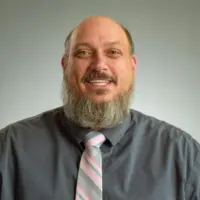
David Brooks
Executive Director
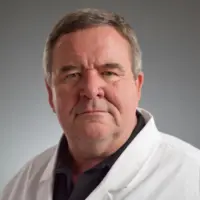
Dr. George Cowan
Medical Director
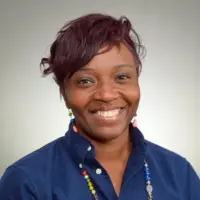
Natashia Funderburk
Clinical Director
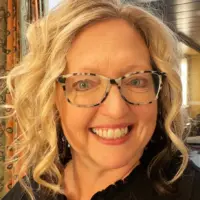
Hope Pegram
Business Office Manager
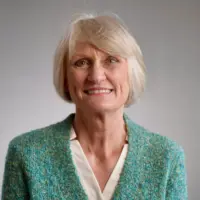
Susan Dare
Business Office Associate
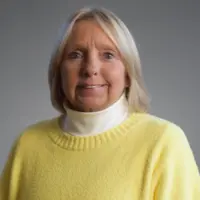
Bobbie Tharrington
Human Resources Manager

Jonathan Griffin
Admissions-Intake Coordinator
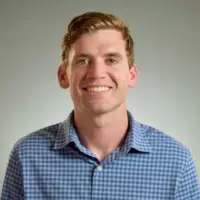
Alex Wyatt
Business Development,Admissions
Accreditations

The Joint Commission, formerly known as JCAHO, is a nonprofit organization that accredits rehab organizations and programs. Founded in 1951, the Joint Commision's mission is to improve the quality of patient care and demonstrating the quality of patient care.
Joint Commission Accreditation: Yes

State Licenses are permits issued by government agencies that allow rehab organizations to conduct business legally within a certain geographical area. Typically, the kind of program a rehab facility offers, along with its physical location, determines which licenses are required to operate legally.
State License: South Carolina
Contact Information
2528 W Palmetto St.
Florence, SC 29501







